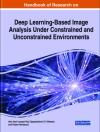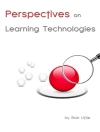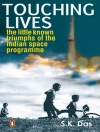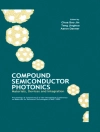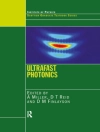The Annual BCI Research Awards are international prizes that recognize the top new projects in brain–computer interface (BCI) research. This book contains concise descriptions of projects nominated for the 2019 BCI Research Award and interviews with nominees. Each article is authored by the researchers who developed the project, and articles have been updated with new progress achieved since their nomination. These chapters are complemented by an introduction by the editors together with a concluding chapter that reviews the annual Awards Ceremony, announces the winners, and ends with a brief discussion.
One of the prominent trends in recent years has been the development of BCIs for new patient groups. Many chapters in this book present emerging and novel research directions likely to become more prevalent in the near future. This year’s book includes chapters based on interviews with BCI experts who were nominated for an award, including this year’s first, second, and third place winners. These interview chapters are generally less technical than project descriptions, and provide individual perspectives from people actively working on new methods and systems.
Jadual kandungan
Introduction.- Chapters by ca. 10 BCI Award nominees.- BCI Award winners, Summary and Future Outlook.
Mengenai Pengarang
Christoph Guger leads several international research projects in the invasive and non-invasive BCI domains.
Brendan Z. Allison is an expert in non-invasive BCI applications and has worked with BCIs for more than 20 years.
Michael Tangermann is the Head of the Brain State Decoding Lab at the University of Freiburg, Germany. He focuses on machine learning problems that emerge when decoding mental states from neuronal signals.


